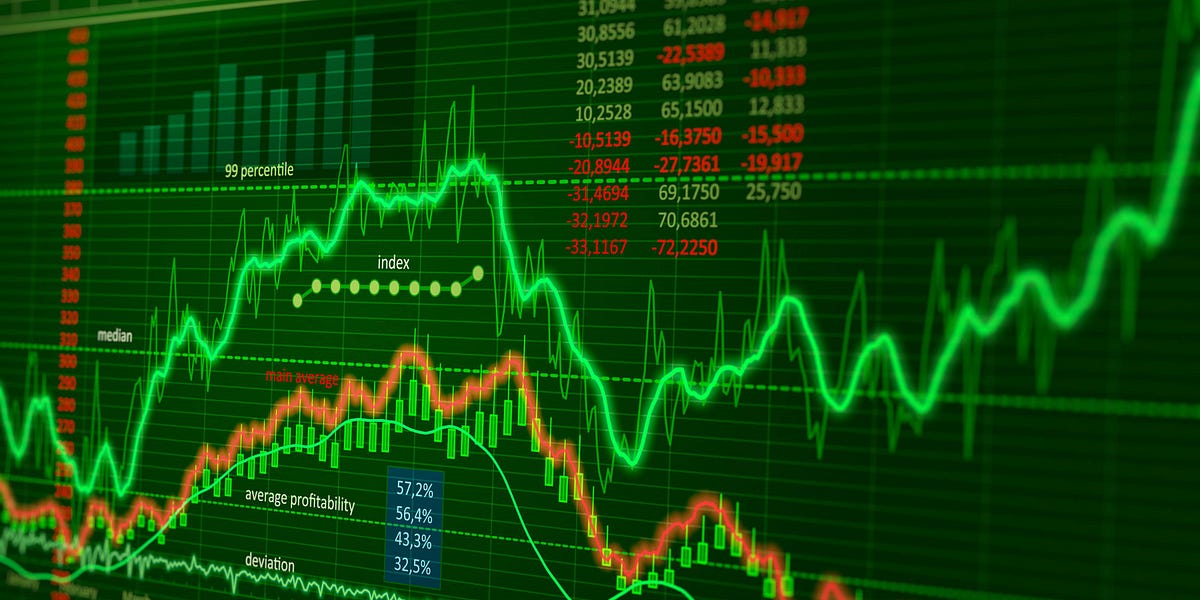Let's say there are two markets A and B. I believe market A current probability P(A) logically implies a different probability P(B) for market B than it's currently valued at.
This can happen for example if the two markets bet on the same event, or very close events, or if A implies B, etc.
Note that this does not necessarily imply that I have better knowledge than the markets about P(A) or P(B). In most cases I don't.
How do I use this knowledge to extract value from these markets?
Check out https://open.substack.com/pub/astralcodexten/p/your-book-review-the-laws-of-trading. In addition to what @evergreenemily said, it can be helpful to estimate relative "strength" of the belief implied by both markets. Agustin uses bid-asks spreads for that; on Manifold Market you could use factors like volatility (more change = less confidence), number of traders (more traders = more confidence) and so on. However, read the whole thing to see how this might go wrong.
I'm not an expert on this sort of stuff, but how I approach it is:
Take two markets, A and B, which are both predicting either the same thing or almost the same thing. A has more traders than B.
Let's say P(A) = 20% and P(B) = 15%. I think the true probability is 20%, and I expect other Manifolders to agree since A has a larger sample size. This means I think P(B) will, at some point in the future, increase to about 20%.
Therefore, it makes sense for me to buy a little bit of NO on A (because I'm more likely to make a profit that way, since I think a NO resolution is very likely) while also buying some YES on B - and then selling YES on B once B reaches 20%. (I could automate that last part by placing a NO limit order on B at 20%, but I keep forgetting to set new limit orders on markets.)
Say markets A and B bet on the same thing, but A is priced at 40% and B is priced at 50%. Ignoring slippage, that means you can buy ex. 100 yes shares of A for Ṁ40 and 100 no shares of B for Ṁ50, so you're spending Ṁ90 on a guaranteed Ṁ100 return and net Ṁ10 profit either way the markets resolve.
Hey, I’ve been reading about arbitrage strategies on Manifold and it reminded me how important it is to keep everything monitored when dealing with multiple accounts or positions. I came across watchdog metatrader and tried it on my MT4 setup. For traders in the UK, it’s been really handy for automatically syncing files, plugins, and databases, so nothing slips through unnoticed while I focus on spotting market opportunities.
